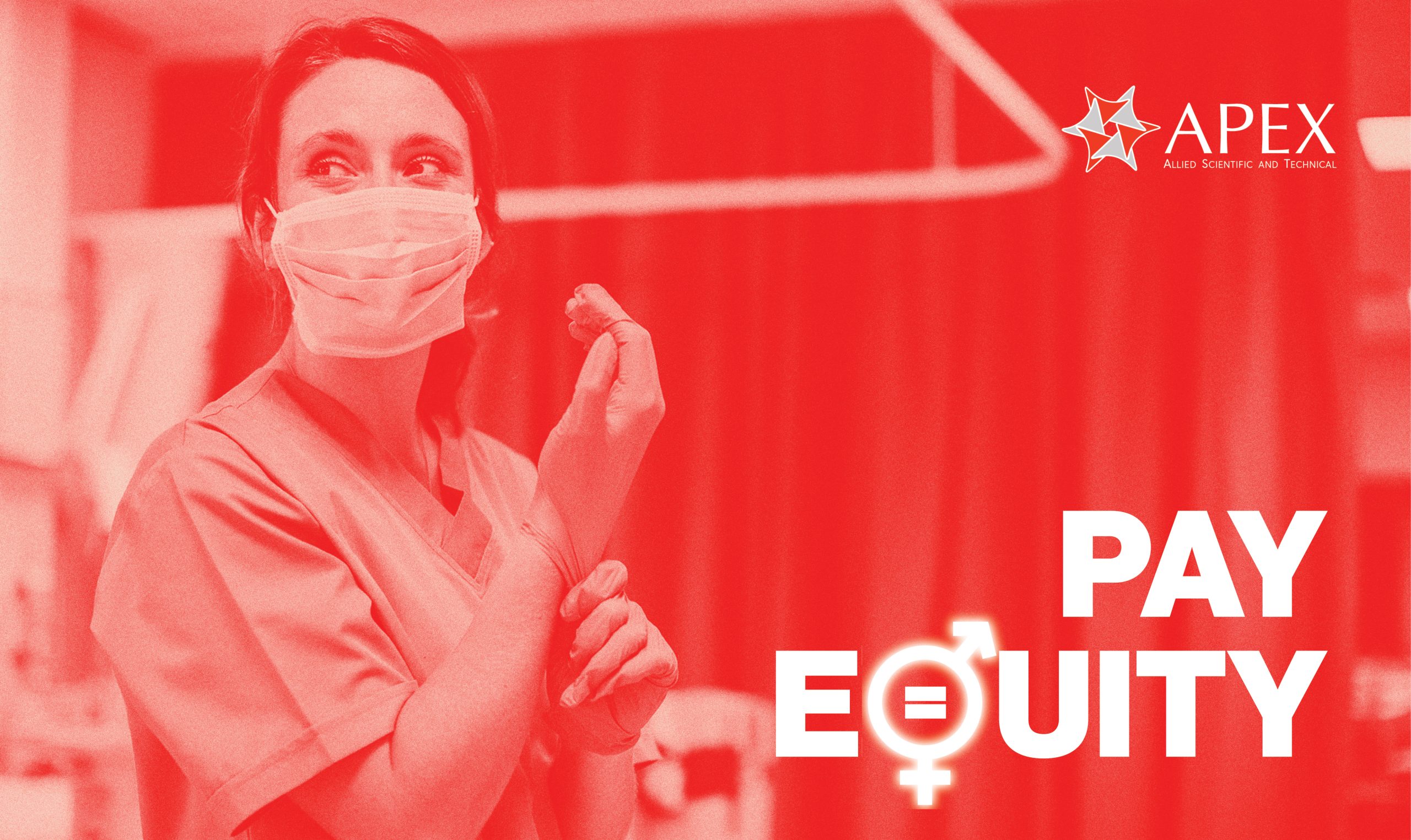
Equal Pay for Work of Equal Value
Pay equity recognises that whilst two jobs may involve substantially different work, they may require the same level of skill, effort, responsibility, and qualifications.
It also recognises that in comparing roles historical undervaluation of female-dominated professions due to sex-based discrimination may be identified.
The pay equity process is a separate process to MECA/SECA negotiations. It is a means to correct historical undervaluation and allow female-dominated professions to move forward, free of any historical prejudices or inaccuracies that have weighed it down in the past.
Pay Equity FAQs
The process of achieving pay equity is a lengthy one.
- Firstly, a claim is made on behalf of a profession that is either accepted or denied by the employer. Usually such claims are made by the representative organisation on behalf of a female-dominated workforce, thus the claim is usually accepted.
- After a claim is accepted, the investigatory process begins. This is the lengthiest part of the process in which the parties establish whether there has been gender-based, historical undervaluation of the profession in comparison to roles which require the same level of skill, effort, responsibilities, and qualifications. Comparator roles from male dominated professions are identified and agreed on by the parties, many interviews then take place to collate data and help assess whether rates of remuneration are affected by gender-based undervaluation and if so, to what extent.
- Once sex-based discrimination is identified, negotiations then begin on fair pay rates. Agreement is then reached on fair rates of pay and the settlement is ratified by the affected union members
- Fairer rates of pay are then implemented and it is expected that the government will extend new funding to make the rates affordable for employers.
In the health sector, Central Tas is acting as the DHBs representatives for pay equity claims of which there are currently four:
- Clerical and Administration
- Nursing
- Midwifery
- Allied Health, Scientific & Technical.
As you may recall, APEX’s original pay equity claim was for Phlebotomists, however this has since broadened due to the PSA’s submission of a pay equity claim for all female-dominated allied health, scientific and technical professions. A part of the pay equity process is an obligation on employers to consolidate similar claims. In effect then the phlebotomists pay equity claim is now a small subset of the entire Allied, Scientific and Technical claim.
Considering this new situation APEX has now submitted a pay equity claim for all female dominated Allied, Scientific and Technical workers that we cover to ensure that our members are adequately represented in the process. APEX will be working within the process to ensure that the groups we represent are put in the best possible position to achieve a positive determination.
Given the very wide scope of this claim there will be a workshop process to group together similar professions (e.g Technicians in different settings; Labs? / Pharmacies? / Physiology?) rather than find separate comparators for each and every profession. How this process is undertaken will be crucial to a successful outcome and we are determined to take an active role in ensuring that. Once the groupings are determined they will then be compared to identified and agreed comparators. This is where we are currently at, researching each allied, scientific, and technical profession and what is involved to ensure the groupings are correct.
Once the groupings and comparators are agreed the process moves to the interview stage. This will be a very big piece in the process. We know for example that more than 200 interviews were undertaken at ADHB alone as part of the Clerical and Administration claim. With that claim the interviews are now completed, and they are moving into the comparison and assessment stage. By now you will no doubt be beginning to appreciate quite the size of this exercise. That said, it is a priority for us and a key target area for the government. At this stage it is not anticipated that Covid-19 will affect the process, but we will be keeping in touch with our members on a regular basis regardless about progress.
Pay Equity Resources
View our Pay Equity newsletters, relevant documents and posters by clicking the links below.
Click here to view and print our Pay Equity poster.
The new edition of our poster can be found here.
APEX Pay Equity Newsletter #5 (& Additional Info)
APEX Pay Equity Newsletter #10
APEX Pay Equity Newsletter #11
APEX Pay Equity Newsletter #12
APEX & PSA – Joint Unions Pay Equity Newsletter
APEX Pay Equity Newsletter #13
APEX Pay Equity Newsletter #14
APEX Pay Equity Newsletter #15
APEX Pay Equity Newsletter #16
APEX Pay Equity Newsletter #17
APEX Pay Equity Newsletter #18
APEX Pay Equity Newsletter #19
APEX Pay Equity Newsletter #20
APEX Pay Equity Newsletter #21
APEX Pay Equity Newsletter #22
APEX Pay Equity Newsletter #23 + Video
Proposed Pay Equity Settlement
APEX Pay Equity Newsletter #24
APEX Pay Equity Newsletter #25
APEX Pay Equity Newsletter #26
Join the APEX Pay Equity Movement
Join APEX today to become a part of our Pay Equity process. Just fill out the form on this page.
Have Pay Equity Questions?
We have answers! We are here to answer any pay equity questions you may have. Simply send us an email or give us a call.
